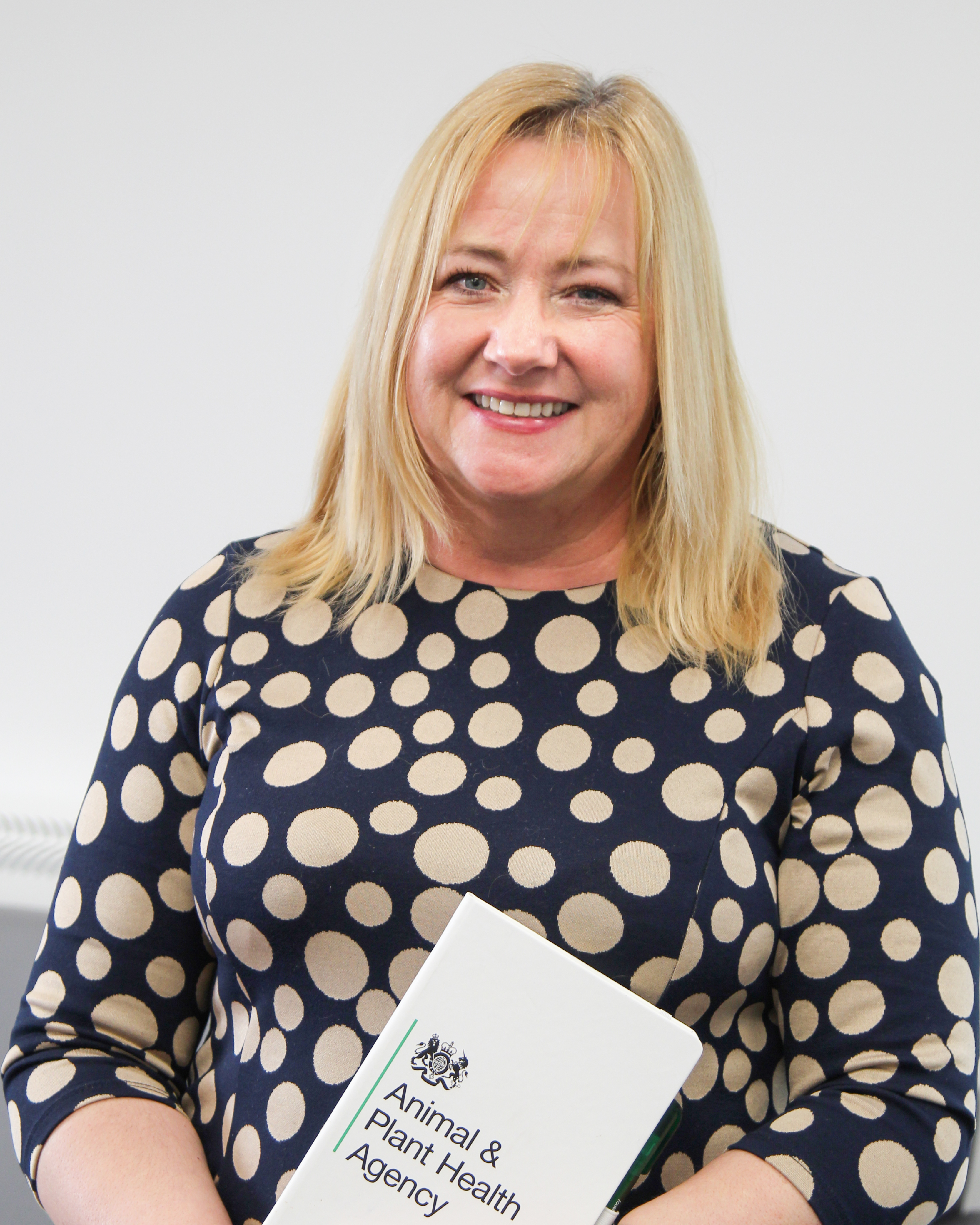Free online learning for adults: click here
Free online learning for adults: click here


Yvonne Spencer - Director of Science Transformation at APHA talks to Nescot about her time at the college

Yvonne Spencer joined the government’s Animal, Plant and Health Agency (APHA) after her science A-Levels, starting as an Assistant Scientific Officer lab technician in Pathology. She aspired to be a scientist, so had to navigate timetable and stereotype clashes at school to study science instead of home economics and typing, which were expected of girls at the time. Yvonne joined Nescot in 1984, initially studying a two-year BTEC HNC in Applied Biology on a day release basis, and later studying Cellular Pathology in the evenings for a further for two years. She excelled in class, and enjoyed applying her knowledge at work, alongside developing her laboratory techniques and research skills. She later returned to study for a degree in Immunology over four years, finishing with First Class BSc (Hons). She was the first person in her family to earn a degree, and set a new target for technicians in the Pathology Department in APHA at that time.
“I really liked the way the courses at Nescot were structured, and how it all worked with my job,” Yvonne said. “I particularly valued being able to learn the theory and practical concepts at college, practise in their laboratories, and then being able to apply my knowledge immediately at work. It was a very effective way to learn – and was essentially a modern-day apprenticeship. The lectures were thorough and detailed, and focussed on developing my analytical and research skills as well as fundamental microbiology and lab techniques. Once I started my immunology degree there was a lot more self-directed study required to develop deep specialist knowledge, analyse scientific publications, hypothesis and data presentation. That was excellent preparation for the next part of my career, as it helped me converse more confidently with the vets and other professionals.”
From there, Yvonne began to specialise in important animal diseases such as Transmissible Spongiform Encephalopathies (TSEs), a group of diseases which includes BSE. She began leading research and lab diagnostic method development, publishing scientific papers, presenting at conferences, and travelling internationally to other institutes. As her skills such as team working, leadership and communication and resource management increased, she was promoted and led teams of scientists, vets and technicians, and then became Lead Scientist for TSEs and Director of the National and International Reference Laboratory for TSEs. In 2013 she became a senior science leader as Head of Pathology and Animal Sciences Department at APHA, with more than 150 staff and very specialist biocontainment facilities. It was the first time that that this position had been held by a woman, or a scientist without a PhD, who was not a vet, and Yvonne described feeling like a ‘small pioneer’.
In 2020 Yvonne was promoted to the senior civil service, to her current role as Director of Science Transformation at APHA. Her responsibilities include leading on science specifications for the Science Capability in Animal Health Programme, a multibillion-pound redevelopment of the specialist biocontainment animal science and laboratory facilities near Weybridge, Surrey. “It’s a really important project, and I’m really proud to be part of it,” she said. “It’s an exciting opportunity to enable future generations of scientists to work in world class facilities.”
Yvonne said that the advice she gives to people at the start of their careers is to ‘challenge yourself, keep learning and pushing your own potential” she added. “You never know what opportunities will arise, so broaden your network and horizons as you develop new skills. I never in a million years thought I’d get to where I have, when I started out as a lab technician. Getting out of your comfort zone is when you develop the most, and find out what you’re truly capable of.”